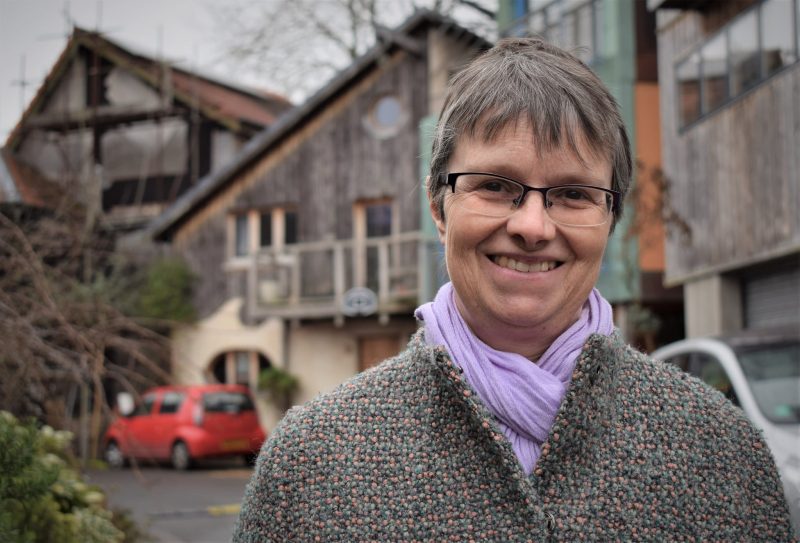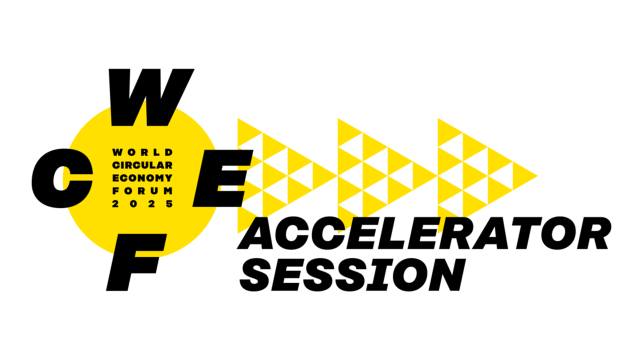The Green Economist's Tale

When I finished my PhD in economics more than a decade ago I felt uncomfortable about calling myself an economist. After all, weren’t they the sort of people who were responsible for the problems I had spent my life trying to solve? How could I label myself as belonging to a profession that could cost nature and label it as ‘ecosystem services’? To find a way around this problem I decided to call myself a ‘green economist’, and that has been my unofficial job title for the past ten years.
Although plenty of people think they know what a ‘green economy’ means and could point to sectors of the economy that create ‘green jobs’, it is not so common to consider the need for a green economist. So in this post I hope to explain what I think a green economist is, and why I think we need many more of them to support our transition to a green economy.
Energy not Money
When you ask people what economics is all about they are likely to swiftly arrive at the word ‘money’, after all, even if it isn’t what makes the world go around it is certainly what makes the economy go around, isn’t it? Well no, actually, from the perspective of a green economist energy is much more important than money. In fact this is one of the most important shifts that you need to make when becoming a green economist and that our whole global economy needs to make in order to become sustainable.
As a basic example of this, let’s consider how a government might make decisions about how to invest money, perhaps the HS2 project– a high speed rail plan here in the United Kingdom to connect the north of England to London and the south-east. A cost benefit analysis will be carried out, and the figures entered on both sides will be measured in money terms. So if the proposal generates more business for companies in Birmingham or Newcastle it will go ahead, even if those jobs achieve little in terms of human well-being and mean an increase in energy use. In a green economy we would do these calculations using energy rather than money as our metric. I call this way of thinking about infrastructure ‘transitional investment’: if the railways or power-plants we build today will lead to a lower consumption of energy in the future then they would score positively and be funded. So we would invest the energy necessary to construct renewable energy plants but not to build roads that would merely encourage more energy use by the cars that travel on them.
Ecological crisis arises from the economy
What motivated me to find out about economics was the years I had spent watching new ecological crises appear and old one go unresolved—perhaps most tragically the threat to so many of our fellow species and the habitats they need for survival. What was causing these crises seemed to me to be the quest for money and, if that was what the economy was driven by, then I would have to study economics and find out how it all worked.
This is, of course, an ongoing project and I am finding out a great deal more about economic theory and the way different economists have seen the world as part of my current project of co-writing an introductory economics textbook. This is necessary because most of the economics taught in universities is just one very narrow theory, called neoclassical economics. It provides intellectual underpinning (of a rather flimsy sort) for the neoliberal version of capitalism that dominates today’s world. So the project of liberating ourselves from the oppression of this economy means learning about economics in a different, wider and more pluralist way.
Join the green economy evolution!
But this is only part of the task at hand, since there are powerful interests whose power depends on the way the global economy works. We see this in the field of climate change, where the transition we need to make will lead to a dispersal of power—as in the amazing German Energiewende leading to the social ownership of power generation—and so the powerful vested interests fund scientists to produce dubious evidence that climate change is not the result of human activity.
One of the first things I learned about being a green economist is that it is rather lonely. But do not be put off: economics is much more interesting than the neoclassical economists would have you believe. And I would very much enjoy your company.
Molly Scott Cato, Professor of Strategy and Sustainability at Roehampton University. She also speaks for the Green Party on finance and economics. Her personal website is at http://www.greeneconomist.org


